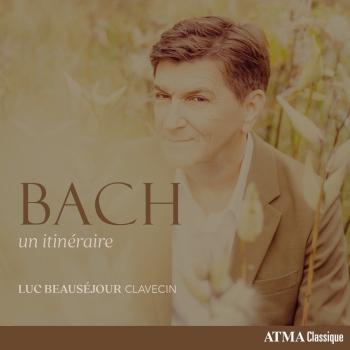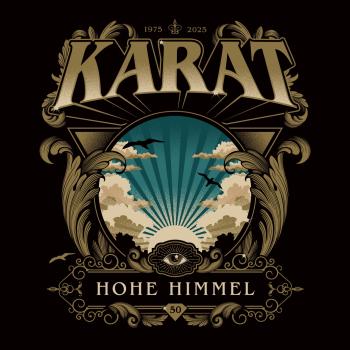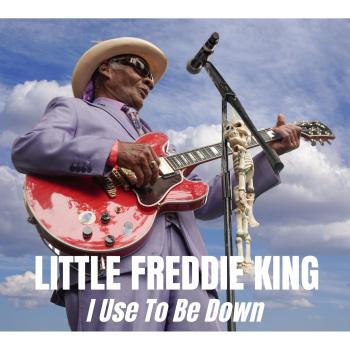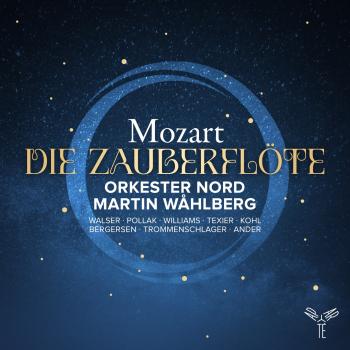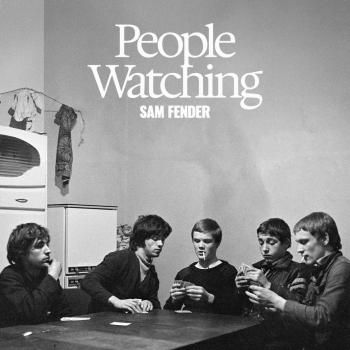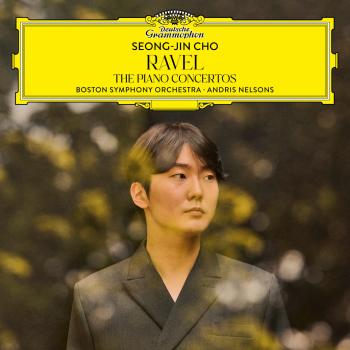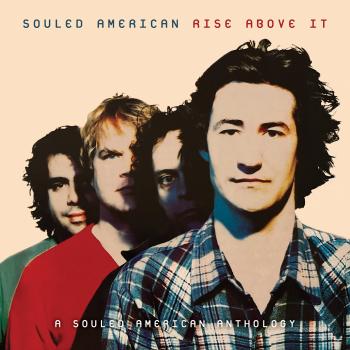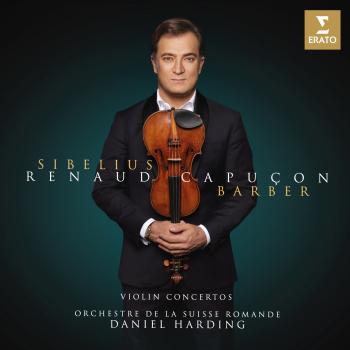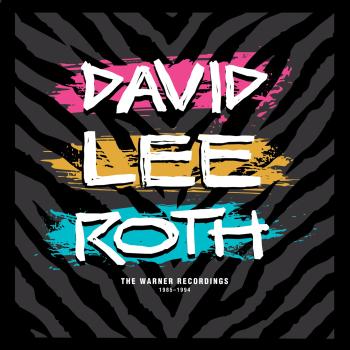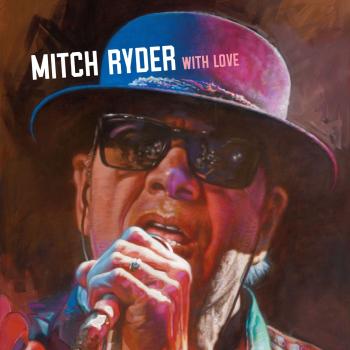
Convergence Jimmy Felvia
Album info
Album-Release:
2022
HRA-Release:
05.05.2023
Album including Album cover
I`m sorry!
Dear HIGHRESAUDIO Visitor,
due to territorial constraints and also different releases dates in each country you currently can`t purchase this album. We are updating our release dates twice a week. So, please feel free to check from time-to-time, if the album is available for your country.
We suggest, that you bookmark the album and use our Short List function.
Thank you for your understanding and patience.
Yours sincerely, HIGHRESAUDIO
- 1 Intro Convergence 02:02
- 2 Lawonn 05:11
- 3 Neverland 04:36
- 4 La pli a 06:29
- 5 Lotus 06:37
- 6 Prélude pou an bélya 02:42
- 7 Bélya bélya 09:21
- 8 Interlude 00:28
- 9 Octogone 03:07
- 10 Lévé bonè 06:04
Info for Convergence
Rising stars with a promising swing, cats overflowing with energy, or newcomers grooving like hell ...
Convergence, pianist Jimmy Felvia's third album which demonstrates a new stage of maturity both in terms of composition and in the affirmation of a unique musical style. This modern jazz serves the musical identity of Martinique and, by extension, Afro-Caribbean. Jimmy Felvia draws his inspiration from the depths of his Caribbean roots. The harmonies and rhythms, however so perfected, are discreet to give pride of place to the sensitivity of the artist's inner universe, with the melody as the main vector. Carried by an unparalleled rhythm, Michel Alibo and Tilo Bertholo, a fierce and virtuoso groove awaits you!
4 stars Jazz Magazine March 2023: "a melodic sense and a rare feeling, underlined by a subtle touch, on the acoustic piano as on the electric piano" (Julien Ferté)
“a catchy fusion jazz, dynamic and soft at the same time (…), Jimmy Felvia places the traditional music of Martinique, particularly the Bèlè, at the heart of his search for sophisticated rhythms, without exclusive the vector of the melody (…), here an album not to be missed” (Alice Leclercq Jazz News)
Jimmy Felvia, piano, keyboards
Michel Alibo, e-bass, double bass
Tilo Bertholo, drums
Jimmy Felvia
Jazz is the fruit of an Africanity that is being reborn from where its children were rounded up and scattered by the history of a race for material wealth by so-called civilisations that have undertaken, through their dominators, a commodification of the world. Jazz is of another kind of wealth, it is immaterial and essential, a cultural and cultic research, the fruit of a humanisation. Hence jazz rhymes with renewed tradition, in a new environment, with new tools and instruments, from which rhythmic and melodic memories are reborn. Mixed are they by a new harmony with other contributions, resulting from meetings in the heart of the oppression of dehumanisation; humans recognise each other and exchange their cathartic formulas, which is said to be a creolisation that in no way biases the appearance of a negritude. It has the vocation to recreate dialogue.
So when we listen to Jimmy Felvia's album, we can hear a Caribbean jazz that is born from the soil of traditional Martinique music. The Ladja and the Bèlè, whose rhythms, melodic signatures and ritornellos allow us to identify an origin for this inspiration. From this, I cannot help but think of the quote by Chyco Jehelmann on the cover of his double album entitled "NOUN" when he says: "Tradition, in my opinion, is singularly embodied in each of our lives, whatever the era.
For this is what I am inspired to do when I listen to the album "Convergence".
Jimmy Felvia is not new to this approach. That of being in search of a renewal of tradition in our time. Having said that, it is appreciable that the maturity of the pianist affirms his tracks and his appropriation of the instrument. Thus, we dare to say that he finds here a tool most suited to the expression of the nannan of his traditional music. Indeed, the Tanbou Djouba, also known as Tanbou bèlè, is a rhythmic instrument with a certain melodic potential. Jimmy gives the impression of having transposed this to his piano, while appropriating it for the expression of a significant contribution, one that opens us to a marvellous, as is the vocation of music in our communities. The bèlè, ladja, chouval bwa, music of the Mornes and street music are the foundations of his inspiration for this album. It is the composition of his lakou. This virtuous circle of relational proximity which certainly leads to the constitution of the group that accompanies him, to the realization of this album and this promise of meetings. This is at the heart of the intention of the musical work in our culture, to create a "Convergence". And I dare say that this music is poetic, speaking of the saved man. In reference to Aimé Césaire who considers the mission of poetry as that of the saved man. His lakou is composed of Michel Alibo, a Sèbi carrier with a generous light that will enlighten Jimmy throughout this passage. Thierry Jean-Pierre, a master of groove who is one with his bass, Tilo Bertholo, his brother of the rivyè-pilòt, an expressive beating heart enchanting the rhythmic language. Alex Han, the virtuoso who did not escape Marcus Miller's ear. This is a fine intergenerational team. The latter constitutes a lakou conducive to transmission/appropriation in the philosophy "Piti kouté gran; gran koutépiti". That said, all have the particularity of an ankraj in a fundamental culture, giving them the quietude to be open to the world, to be open to world music. Thus, the arrangements and their executions are of a virtuosity proper to that of the use of a mother tongue. Jimmy has had the opportunity to follow an initiatory path in the beating heart of Péyi. Back in 2013 in his native place, trained as a musician-pianist, he decided to take up his Pellerin mawon stick to study the playing of the tanbou djouba and also to listen to the words of the elders. It is rich of this cultural and spiritual food that he left in digestion in France. His goal was to find within himself and around him a time-space where he could work as a creator, author and composer. Let us now look at the poetics of the album by reading the themes of the titles proposed in the work. There at the heart of the symbolism that Jimmy offers us with this album "Convergence" (...)
This album contains no booklet.

